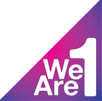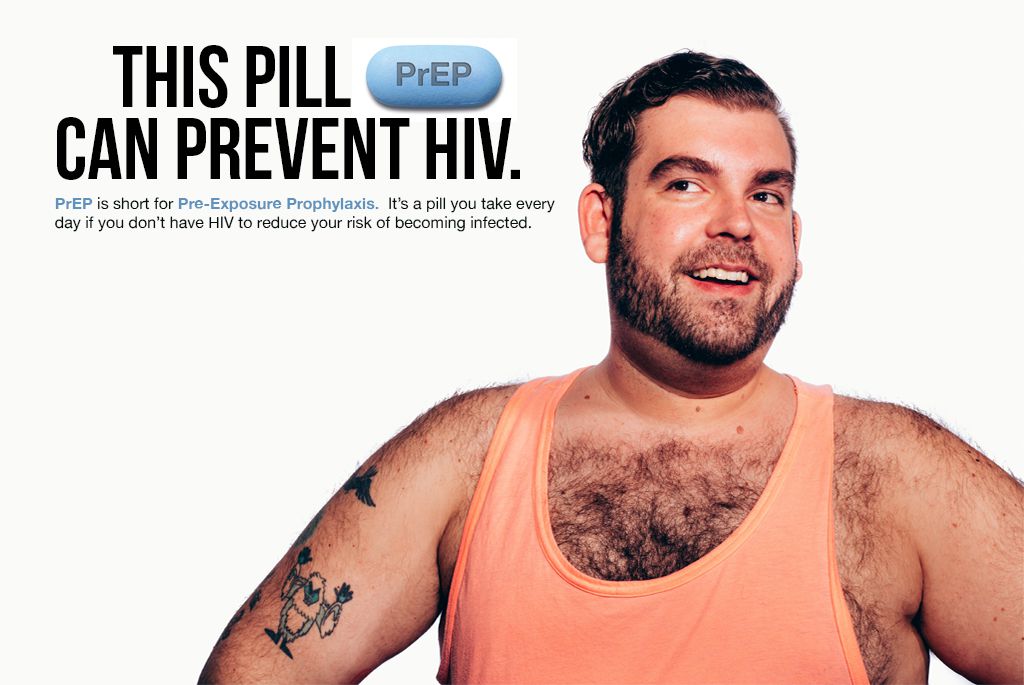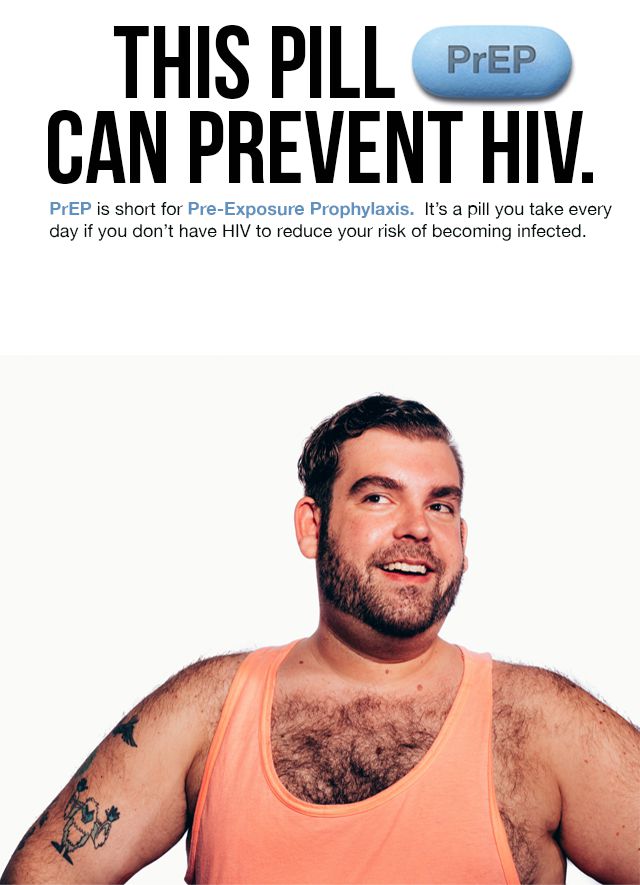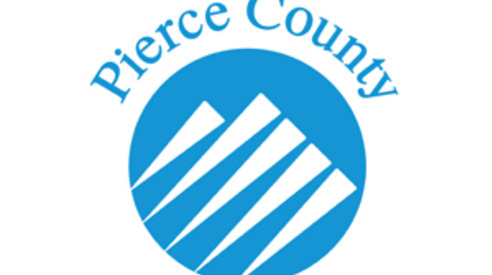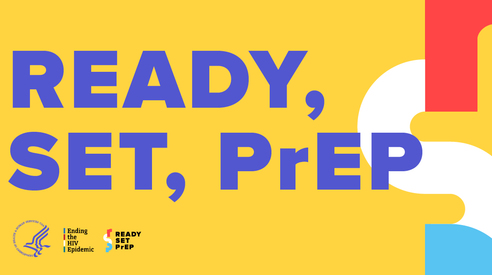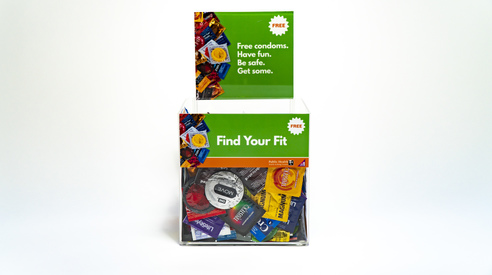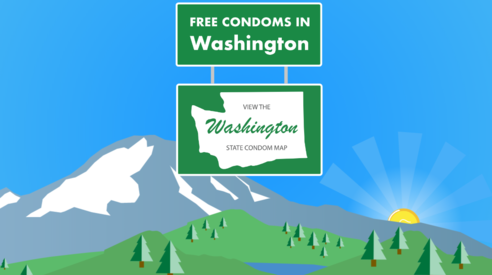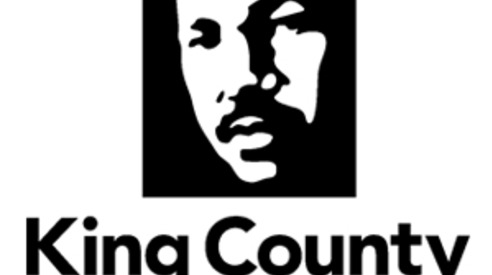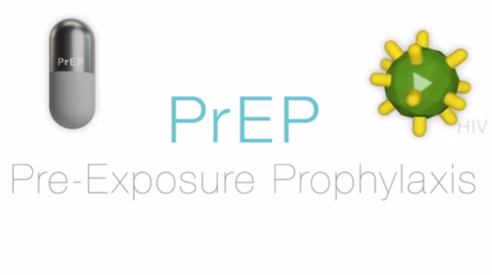Recommendations in this quiz are based on guidelines from the U.S. Public Health Service and local PrEP Implementation Guidelines. To get an accurate result, you must be honest. Your answers are completely anonymous.
Quick Facts
- PrEP is for HIV-negative people at risk for HIV infection.
- PrEP requires a prescription from a medical provider. ONLY take PrEP if it has been prescribed for you.
- PrEP is covered by all health insurance plans in Washington State including Apple Health. Financial assistance is available to help pay for the cost of the drug if you are un-insured or under-insured.
- PrEP is highly effective if you take it every day (one pill, once a day).
- PrEP can cause mild side effects like upset stomach or headaches.
- PrEP will not protect you from other sexually transmitted infections like syphilis or gonorrhea.
- PrEP is most effective in combination with other HIV prevention methods, like condoms.
Quick Facts
- PrEP is for HIV-negative people at risk for HIV infection.
- PrEP requires a prescription from a medical provider. ONLY take PrEP if it has been prescribed for you.
- PrEP is covered by all health insurance plans in Washington State including Apple Health. Financial assistance is available to help pay for the cost of the drug if you are un-insured or under-insured.
- PrEP is highly effective if you take it every day (one pill, once a day).
- PrEP can cause mild side effects like upset stomach or headaches.
- PrEP will not protect you from other sexually transmitted infections like syphilis or gonorrhea.
- PrEP is most effective in combination with other HIV prevention methods, like condoms.
Recommendations in this quiz are based on guidelines from the U.S. Public Health Service and local PrEP Implementation Guidelines. To get an accurate result, you must be honest. Your answers are completely anonymous.
Frequently Asked Questions
PrEP, also known as Truvada and Descovy, are the drugs approved by the U.S. Food and Drug Administration (FDA) to prevent HIV. Currently, Truvada and Descovy are the only FDA approved drugs for preventing HIV infection.
PrEP is NOT a vaccine against HIV. PrEP is NOT a cure for HIV. PrEP will NOT protect against other sexually transmitted infections (STIs).
PrEP works by stopping HIV from making copies of itself if it enters your body. If HIV can’t make copies, it can’t create an infection. But PrEP only works if you have enough of the drug in your body. So it’s important to take it as prescribed: one pill, once a day.
PrEP is for HIV negative people who are at risk of becoming HIV positive through sexual activity or injecting drugs.
To find out if PrEP is right for you, take our quiz.
PrEP is safe. Before Truvada and Descovy were tested and approved for PrEP, they were used to treat people living with HIV. Its safety has been documented and continues to be carefully monitored. However, people with significant kidney disease should not take PrEP. Your prescriber will check your kidneys and monitor you to make sure PrEP is safe for you and, once you start it, that it isn’t causing any problems.
Stomach upset and headaches are common side effects of taking Truvada. These symptoms are usually mild and go away after your body gets used to the drug. Some rare but serious side effects include a build-up of acid in the blood, liver problems, kidney problems, bone problems, changes in body fat, symptoms of inflammation, and complications if you have hepatitis B.
Common side effects in people taking Descovy for PrEP are diarrhea, nausea, headache, fatigue, and stomach pain. Tell your healthcare provider if you have any side effects that bother you or do not go away. Descovy may also worsen conditions in those with a Hepatitis B (HBV) infection. Your healthcare provider will test you for HBV prior to using Descovy, and discuss a proper medication plan with you.
PrEP is Pre (before) Exposure Prophylaxis (prevention). So it’s the use of an HIV drug before a possible exposure to HIV in order to prevent infection. PrEP is one pill: Truvada or Descovy.
PEP is Post (after) Exposure Prophylaxis (prevention). So it’s the use of HIV drugs after a possible exposure to HIV in order to prevent infection. PEP is 2 pills: Truvada and Isentress. To be effective you need to start PEP within 72 hours after a possible exposure.
To learn more about PEP click here.
Research studies show that daily use of Truvada or Descovy is highly effective at preventing HIV infection. When taken consistently (one pill, once a day), PrEP has been shown to reduce the risk of HIV infection in people who are at high risk by over 90%. But consistent use really is the key. PrEP is much less effective if it is not taken every day as prescribed. Also, PrEP is not fully protective right away. While the drug helps protect you within a week of starting, it may take 3 weeks before it protects you fully. If you get on PrEP you should still consider using condoms since PrEP isn’t 100% effective, and PrEP won’t protect against other sexually transmitted infections.
Starting PrEP doesn’t mean you need to take it for the rest of your life. However, you should take it consistently if you are going to take it at all. This means you need to take it even on the days you aren’t having sex or at any other risk for HIV.
You will need to take PrEP for at least 7 consecutive days in order to reach a high level of protection against HIV. If you are planning to have sex without a condom, it is best to take PrEP for 3 weeks first in order to be sure that you have the maximum protection from the drug. And you will need to continue taking it every day after that to maintain that protection. If you start skipping days, your level of protection will drop. Also, if you become HIV positive while on PrEP, and continue to take it, there is a risk that your HIV infection will become harder to treat.
You can stop taking PrEP if you:
- Have severe side effects or a negative reaction to Truvada or Descovy
- Get into a relationship with an HIV-negative person where you are both only having sex with each other
- Are entering a period of your life when you will not be having sex and you are not at any other risk for getting HIV
If you decide you want to stop taking PrEP, you should wait a month after your last possible exposure to HIV before you actually stop taking Truvada or Descovy.
No. There may be periods in your life when taking PrEP makes sense, and other times when it does not.
You might decide to stop having sex for a while, so continuing to take PrEP during that break wouldn’t be necessary.
You could get into a relationship with an HIV-negative person where you are both only having sex with each other, so continuing to take PrEP wouldn’t be helpful. But if that relationship ends, and you have stopped using PrEP, you should consider starting back if you are going to be sexually active with people whose status you don’t really know.
If you decide you want to stop taking PrEP, you should wait a month after your last possible exposure to HIV before you actually stop taking Truvada or Descovy.
It’s acceptable to only use PrEP during the times in your life when you are at risk for HIV. If you are planning to be risky (like getting on the parTy circuit for the summer) remember to start PrEP 3 weeks in advance. That way you will get the full benefits of the drug and your body will have enough time to adjust to any side effects.
Yes. PrEP is most effective in combination with other HIV prevention methods, like condoms. Also, PrEP won’t protect you against other sexually transmitted infections, like syphilis or gonorrhea, but condoms will.
There are still ways to reduce your risk for HIV if PrEP isn’t right for you.
You are not at risk for HIV if you:
- Don’t have sex
- Don’t share needles
- Don’t exchange body fluids
If you are having sex, here are other ways you can reduce your risk for HIV:
- Use condoms consistently and correctly.
- Use water-based or silicone-based lube.
- Have sex with fewer people.
- Get tested and treated for STIs.
- If you’re in a relationship, you can both get tested. And if you’re both negative, you can agree to only have sex with each other, or only exchange body fluids with each other.
You will need a prescription for PrEP. If you are HIV negative, and PrEP is right for you, you will need to find a provider who will:
- Test you for HIV and other STIs
- Test for normal kidney function
- Prescribe PrEP
- Monitor you through regular visits.
Most medical providers see patients on PrEP every 3 months. Regular monitoring will assure you are still HIV and STI negative, and that you are reacting well to Truvada or Descovy.
Here are lists of PrEP providers in King County, Pierce County, and Snohomish County.
There are two types of costs associated with PrEP.
A. Medical Visits and Lab Costs:
- If you have commercial health insurance or Medicare, you will have to pay your deductible, co-pay and co-insurance costs.
- If you have Apple Health (Medicaid), you will not have any out of pocket costs for medical visits or labs.
- If you don’t have any insurance, you will have to pay the full costs for medical visits and lab work. But you can sign up for health insurance on Washington HealthPlanFinder during the current open enrollment period, November 1, 2015 – January 31, 2016. If you need help signing up, check out the resources on the We-Are-1 Health Insurance Page.
B. Drug Costs:
All health insurance plans in Washington State cover Truvada or Descovy for PrEP. This includes Apple Health (Medicaid) and Medicare.
- If you have commercial health insurance or Medicare, you will have to pay your deductible or co-pay for your prescription. You may be able to get assistance with your drug costs from one of the following programs:
- Gilead Co-pay Coupon Program (Commercial Insurance Only), 877-505-6986
- Patient Access Network (Commercial Insurance and Medicare), 866-316-7263
- Washington State PrEP Drug Assistance Program (PrEP DAP), 360-236-3412
- If insured under Apple Health (Medicaid), you will not have any out of pocket costs. Truvada for PrEP is covered at 100%.
- If you don’t have health insurance, or a plan that covers Truvada or Descovy for PrEP, you should sign up or switch plans during the open enrollment period. You may be able to get assistance with your drug costs from one of the following programs:
- Truvada for PrEP Medication Assistance Program, 800-226-2056
- Washington State PrEP Drug Assistance Program (PrEP DAP), 360-236-3412
